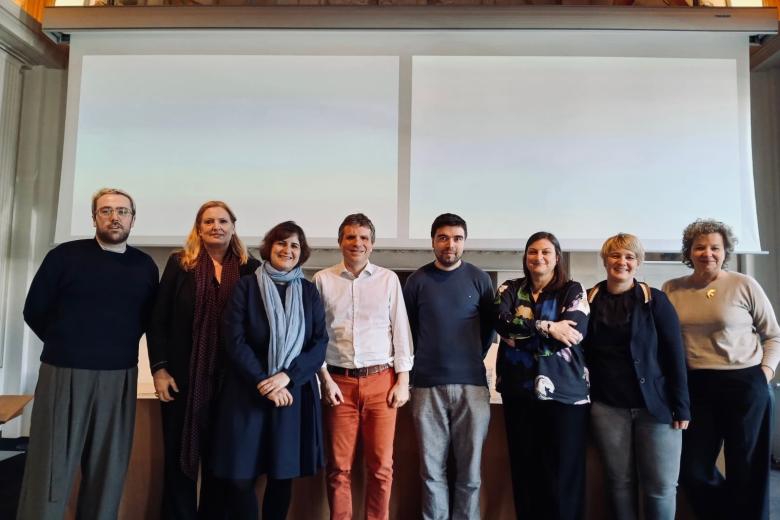Inclusive Global Tax Governance in the Post-BEPS Era
At the same time other actors such as developing countries and civil society organizations have taken a more prominent role in tax matters. That it took almost a century to get to this point is due to the heavy reliance of countries and independent jurisdictions on tax sovereignty.
This is not surprising considering that taxes are the most important source of government revenue, and that the tax system may be used as a tool to attract foreign direct investment. The 2008 global financial crisis has nevertheless built sufficient political momentum for the highly needed reform of the international tax regime. In this research, a critical analysis was made of the issues of international taxation and the way in which cooperation takes place in the field of taxation. More specifically, this research addressed the central research question which institutional changes should be made to global tax governance to achieve an effective and legitimate international tax regime.
Also read
-
Andrés Caceres Solari on No room for Human Rights in Gaza and Ukraine: How the Law Legitimizes Urban Devastation
Pick Our Brains Session with Andres Caceres Solari

-
Teacher Information Points at UM
UM faculties now host Teacher Information Points (TIPs) that offer local, “just-in-time” and on-demand support for teaching staff. The aim is simple: to provide help that is closely connected to day-to-day teaching practice.

-
Globalisation & Law Network seminar with Damian Chalmers
On 4 November 2025, the Globalisation & Law Network had the honour of welcoming Prof. Damian Chalmers to discuss his paper “The EU’s Governing by Legal Shadows”.
